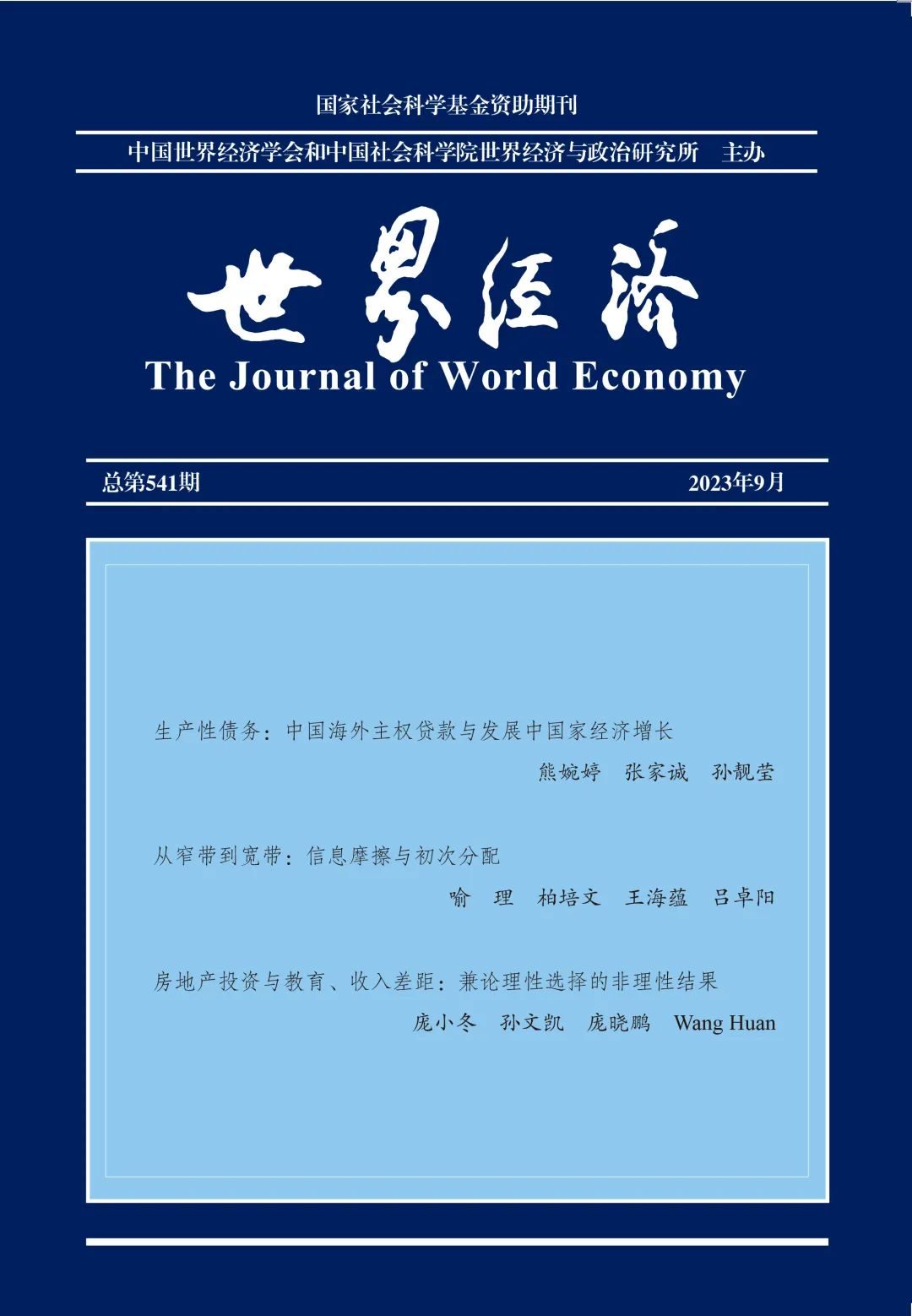
申洋,陈钊. 勒紧裤带还是放手花钱:住房限购政策与中国城镇居民消费[J]. 世界经济, 2023, 46(9): 157-180.
Shen Yang; Chen Zhao. Tightening the Belt or Loosening the Purse Strings: Housing Purchase Restriction Policy and Urban Household Consumption in China[J]. The Journal of World Economy, 2023, 46(9): 157-180.
作者简介:
申洋、陈钊(通讯作者)
复旦大学中国社会主义市场经济研究中心
内容简介:
摘要:住房限购政策增加了一套房家庭的购房成本,这些家庭将转而扩大其他消费,还是为买房进一步“勒紧裤带”?本文利用中国城镇住户调查数据和双重差分模型研究发现,相较非限购城市,限购城市一套房家庭在限购政策实施后消费显著下降,且主要体现在有处于“小升初”阶段孩子和收入较低的一套房家庭上。尽管限购政策规定二套房家庭不能继续购房,但有成年孩子二套房家庭的消费并没有受政策影响。本文结论表明针对住房投机的限购政策效果会溢出到家庭消费决策,尤其会挤出有购房意愿和收入较低家庭的消费。
关键词:住房限购政策; 二套房;消费
Abstract:The implementation of the housing purchase restriction (HPR) policy has increased the cost associated with buying a second house, raising important questions about household consumption in China. This study uses data from Urban Household Survey (UHS) and a difference-in-differences empirical strategy to show that one-unit households in restricted cities significantly reduce their consumption following the HPR policy implementation. Families seeking school district homes and those with lower incomes further decrease their consumption. Although the HPR policy prohibits two- unit households from buying another house, it is found that families with adult children can circumvent its impact. The findings of this paper emphasise the spillover effects of the HPR policy on household consumption, particularly in families willing to make further home purchases and low-income families.
Key words:housing purchase restriction (HPR) policy, second house, consumption
 返回顶部
返回顶部